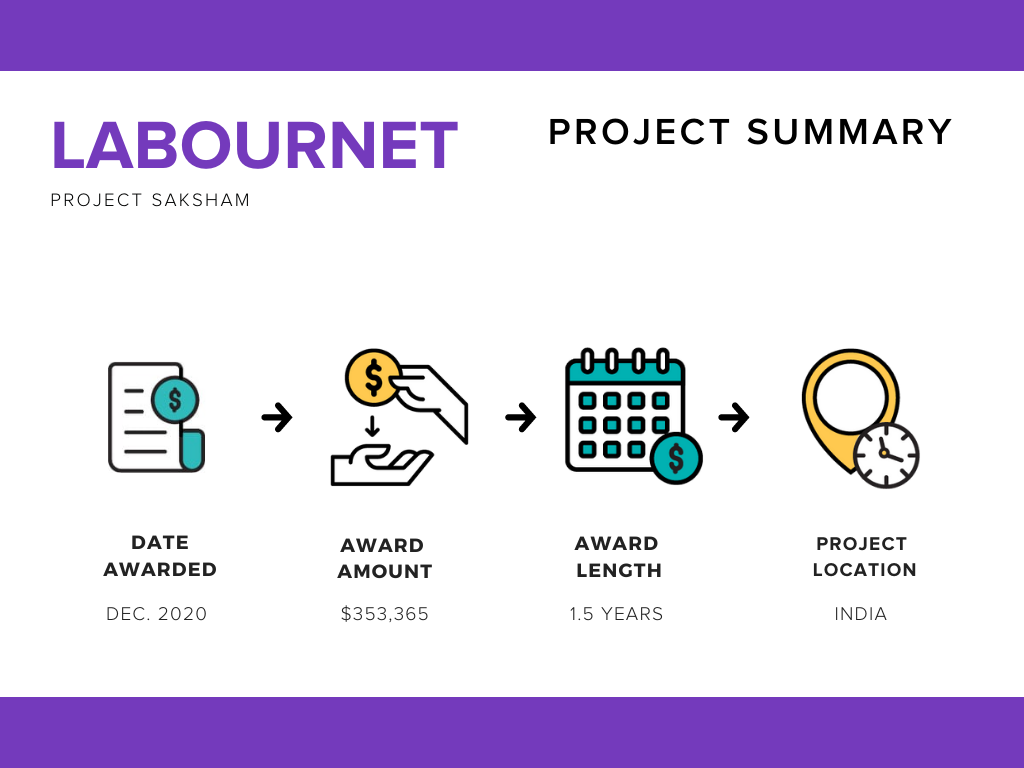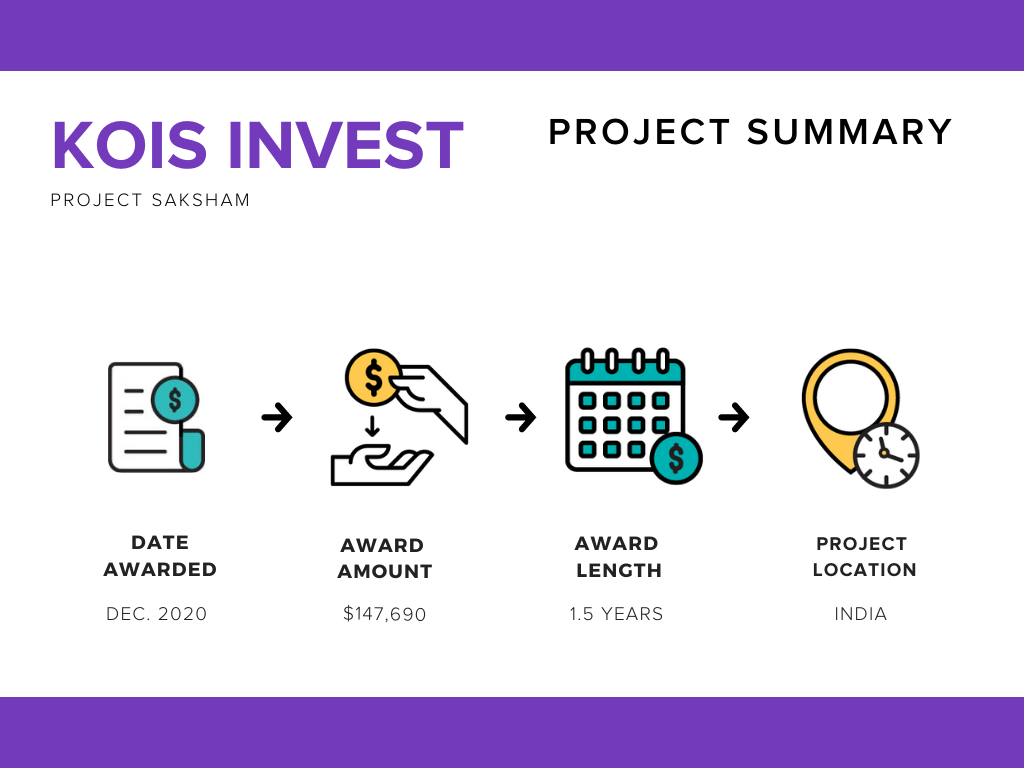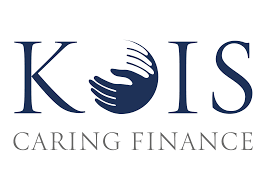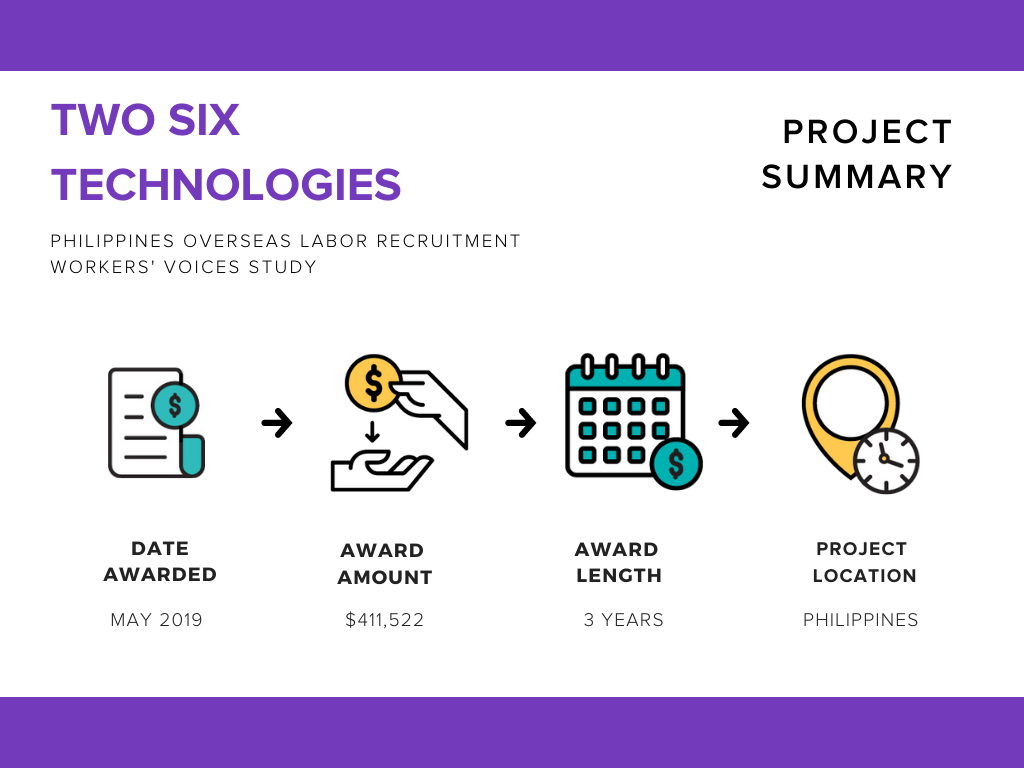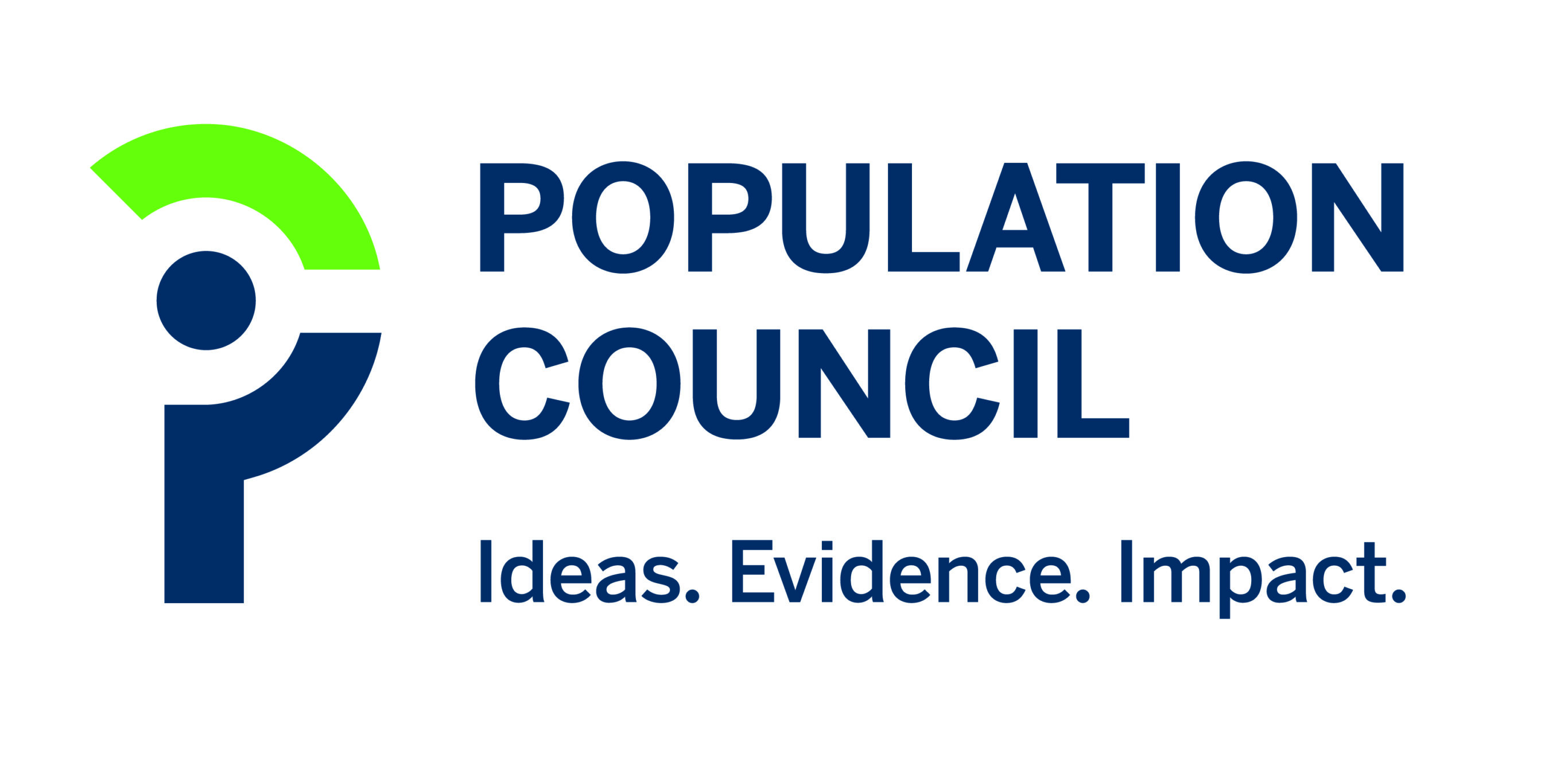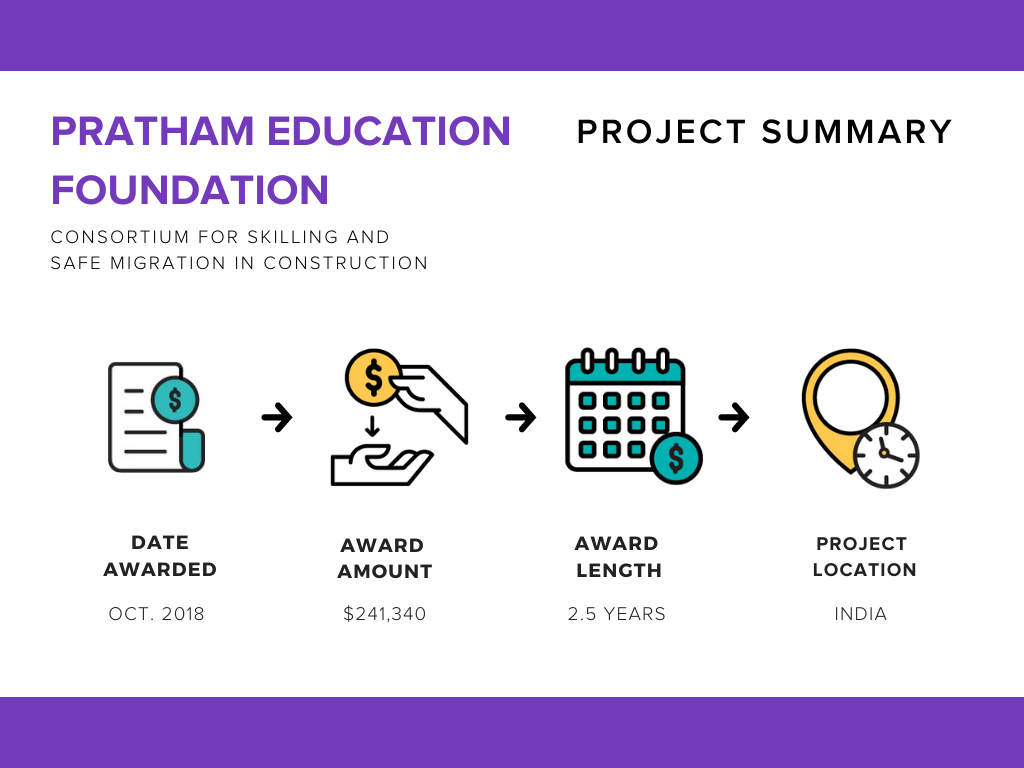Between a global pandemic and fierce industry competition, engineering and construction businesses are facing critical challenges that threaten their futures. A new research study from The Ethical Recruitment Agency (TERA), funded by GFEMS, offers solutions. By embracing disruptive technologies, building strong relationships with prime contractors, and adopting modern labor policies, companies can win new business and strengthen their workforce.
Accompanying the report, TERA has also launched it’s “Be Compliant” package. It includes:
- A pull-out that review the practical steps companies can take, such as ethical recruitment services and innovative management techniques
- An online calculator that models corporate investments and gains from adopting ethical business practices.
The report is available in English and in Arabic.
The TERA project, part of the Fund’s ethical recruitment portfolio, launched in summer 2020. It aims to provide safe work opportunities abroad to vulnerable communities in Uttar Pradesh, India. TERA India will operationalize systems for monitoring worker welfare, test the viability of an ethical recruitment agency in UP, and provide targeted support to low-skilled workers across multiple industries, including domestic workers, cleaners, and construction workers. In addition, TERA India will engage with the broader community of people vulnerable to modern slavery, including aspiring migrants who are unskilled, poor, and new to the migration process, to enhance understanding of and access to ethical recruitment opportunities.
Learn more about the Fund’s support for TERA and why we invest in ethical recruitment.
To stay updated on this project, and projects like it, subscribe to the GFEMS newsletter and follow us on Twitter.
